7 Mindful Parenting Tips to Start Today
by Nadia Sabri MD
Mindful conscious parenting is my personal favorite way to approach parenting.
Why?
Because no matter what your style, it becomes unique to you and your family and makes it an overall positive experience despite all the struggles that we all face in one way or another.
Parenting is the ultimate equalizer as no one is spared from its twists and turns.
This post may contain sponsored products and/or affiliate links, which means I may earn a small commission with no extra charge to you if you purchase through my links. See disclosure for more information.
However, mindfulness encourages presence and allows one to acknowledge and accept our thoughts without judgment. Conscious parenting empowers parents to recognize their role as facilitators to help their kids thrive in their environment and parenting becomes a loving team approach between parents and kids.
So, integrating these two concepts to the parenthood experience takes the pressure of parenthood off the shoulders of parents. These pressures include being the perfect parent, feeling like one has to know everything all the time, being the expert of your family, etc.
Here are 7 tips to help when you are stressed (in no specific order).
1. Be mindful of your own triggers
We all have buttons that when pushed elicit not-so-pleasant reactions and emotions. Often times we are unaware of those things but find ourselves reacting in predictable patterns of ineffective communication and/or ineffective parenting.
By being mindful of our triggers, we can use each day as a way to learn more about ourselves. Ask yourself, why did I react like that? What was I feeling when I did that behavior or had that response?
Be prepared for some real life revelations. You may be surprised at how much of your own experiences and childhood resurfaces. This is the basis of mindful meditation and loving-kindness meditation which is allowing yourself to acknowledge and accept your thoughts and feelings without judgment.
Aren’t we all our harshest critic? Read more on my meditation for self compassion.
Being aware of our own triggers can be very helpful especially when our own mini-me’s are having their own strong emotional outbursts in the form of tantrums. Read more on my approach to tantrums and how it can be a learning experience for both the child and the parent.
2. Mindful Breathing
Mindful breathing, inhaling through the nose and slowly exhaling through mouth, helps to activate the parasympathetic nervous system (PNS). In turn, the PNS slows down the heart rate, brings down stress levels, and actually gives a feeling of calm.
It’s a great stress reduction strategy and there are many types of mindful breathing. Read more mindful breathing here.
There are some days where this mom takes A LOT of these mindful breaths. With a preschooler and a toddler, mindful breathing is my go-to technique to quickly recenter, acknowledge my own frustration, remind myself that we are trying to do the best we can, and it will be ok.
3. Model the behavior you want
Managing emotions and responding to a situation instead of reacting to a situation is hard enough as an adult. For kids, it is even more difficult as their cognitive development is not even fully matured. Read more on kids’ prefrontal cortex and their developing brain.
Young kids do not know how to modulate and regulate their emotions. They’re not trying to manipulate you or be annoying on purpose. They really don’t get it.
More than words, kids observe the world around them and respond to the nonverbal cues: facial expressions, tone of voice, volume of voice, etc. This is one of the main reasons that yelling at kids really does not work.
Children hear the volume but not the words that are being said.
Yelling does not work longterm and can have a detrimental effect on the parent-child relationship. Read more on the parental effect on a child’s self esteem.
Don’t let your volume overpower your words.
Instead, get down to their eye level, talk in a soft voice, and model the behavior you want. Over time, this has the most positive effect on behavior as well as the parent-child bond.
What about the behaviors of older kids, preteens, teens?
As they get older, kids notice when parents use the ‘do as I say and not as I do’ approach. They will eventually come to the conclusion that because the parents don’t practice what they preach, clearly it’s not that important. So, negative behaviors will continue (ie. yelling, interrupting, critiquing, passive aggressive behavior, etc).
So, if something really is important, reflect it in your own behaviors and be a role model.
4. Apologize when you mess up
We parents are not infallible. We have our off-days too. However, if we react in a less than ideal way, we need to address it. Otherwise, we inadvertently send mixed messages to our kids who view our behaviors as the ‘appropriate’ way to deal with a situation.
Example:
‘Earlier today I lost my temper and yelled at you. It’s ok to be angry but it’s not ok to yell. I’m sorry.’
Being a parent does not make it ok to model negative behavior but expect perfection from our children. If we can’t do it, they definitely can’t either.
No one is perfect. Not us and not our kids. We are human. And it’s ok.
This Peacemakers card set helps improve social emotional learning for your child and yourself.
5. Show that being human is a good thing
Having emotions is awesome! Experiencing the range makes us human and not emotionally stunted. Emotions help us experience life with all of our senses and processing and brings a richness to what would be otherwise dull.
We can help our children learn how to appreciate and acknowledge emotions without a label (bad/good), that it is ok to have emotions, and what is an appropriate way to regulate and respond those emotions.
Some examples:
“It’s ok to be (sad/mad/cry/angry). We all feel like that sometimes. But it’s not ok to (hit/bite/throw things, etc).”
“I feel (sad/mad/frustrated) right now so I am going to take a deep breath right now. Want to take a deep breath with me?”
“What can I do to help?”
“Sometimes I feel (insert emotion) when I am (hungry/tired/etc). Are you feeling any of these things?”
“Help me understand what you want/are trying to say. I want to help.”
These My Feelings flashcards, Peacemakers card set, and Snugglebuddies toys can be a helpful way to help your child (and yourself) verbalizing and managing emotions.
Snugglebuddies plush toys to help kids improve social-emotional learning.
6. Recognize when you are reaching your limits
Awareness and acknowledgement without judgment are key tenants of mindfulness.
When applied to parenting, this means to recognize when you are reaching your wits end and need a break. This can be noted when you sense yourself being more irritable or short-tempered than usual, everything seems annoying, the kids’ antics are less cute and more grating, etc.
You know what I’m talking about.
Recognize this as a sign that you need a break. This is when self care and personal wellness needs to be prioritized. Whether it is asking for help, delegating chores or responsibility, going on date night with your partner or spouse, having a girls’ night, or taking some time for yourself, please do not feel guilty that you need a break.
You work hard and deserve some guilt free down time. A stressed out exhausted person with wild eyes who is breathing fire isn’t the best version of yourself. Learn the signs of parental burnout and recognize when you are reaching your limits.
Read more on self care ideas for busy moms and how to incorporate wellness into pockets of time in your day.
7. Make every day a learning experience
We can learn to embrace the flawed beauty of being a human while giving ourselves grace and space for introspection and improvement. It is inspiring because no matter how rough our day was, there are still high points no matter the low ones.
And if not, at least we can use it as a learning experience and start fresh tomorrow. Nothing is all good or all bad.
There is still depth and beauty in the gray zones of life. We are allowed to talk about its complexities without judgment, no?
Read more on how mindfulness can help you really enjoy the parenting experience.
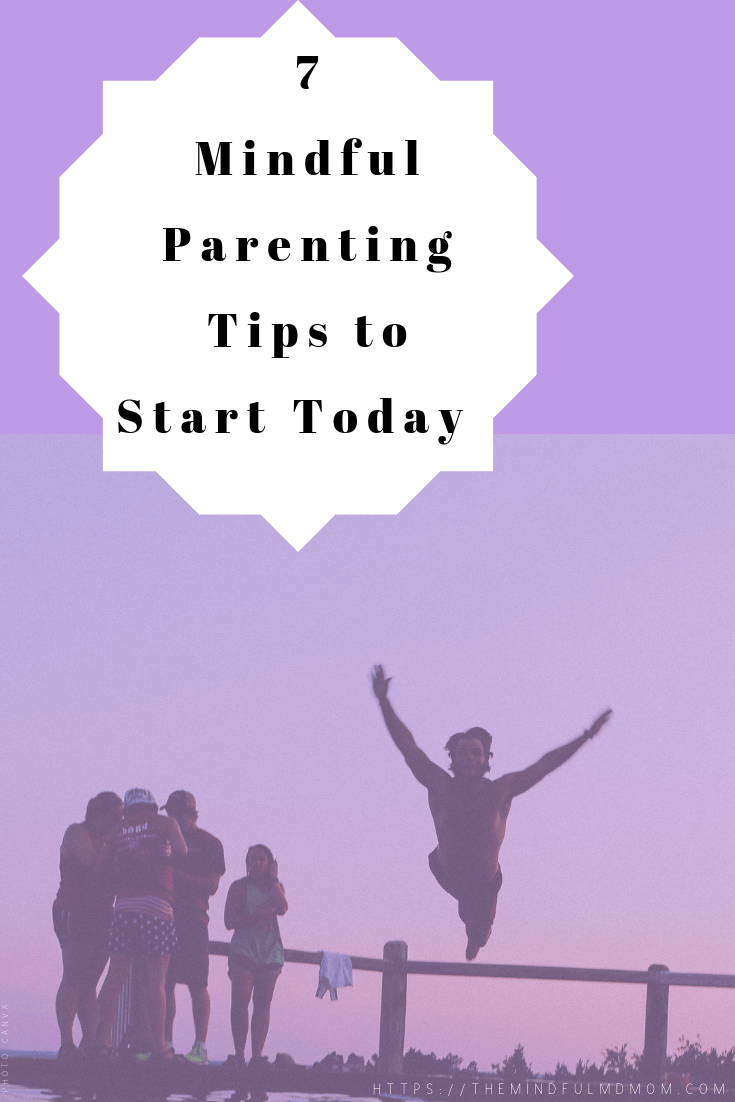
What are your tips for navigating the grays of parenthood? Do you use mindfulness in your life? What do you know now that you wish you could tell yourself when you first became a parent?
This post may contain sponsored products and/or affiliate links, which means I may earn a small commission with no extra charge to you if you purchase through my links. See disclosure for more information.
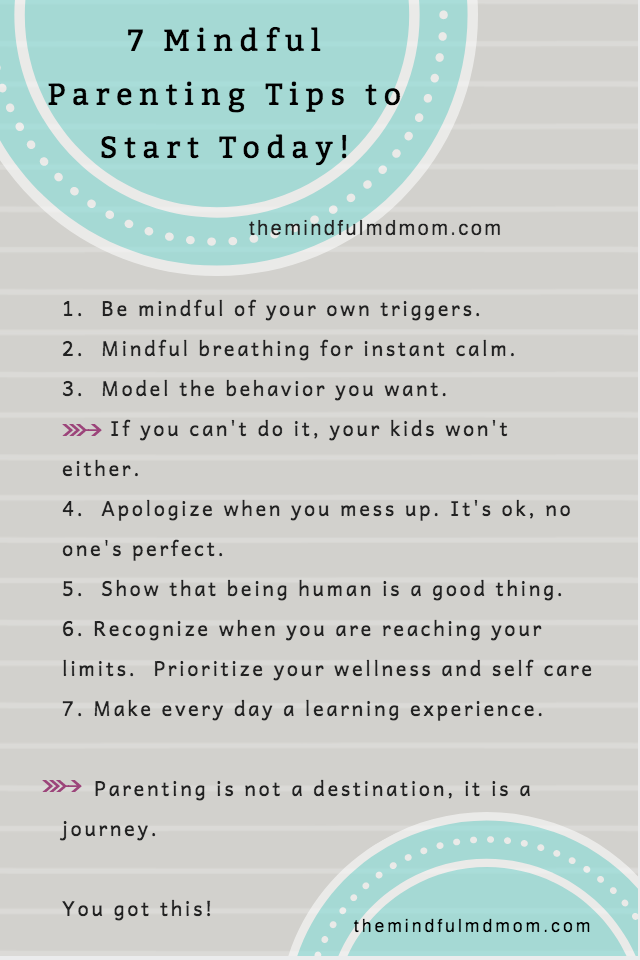
33 10.2K - 10.2KShares
- 10.2KShares
10.2K 33

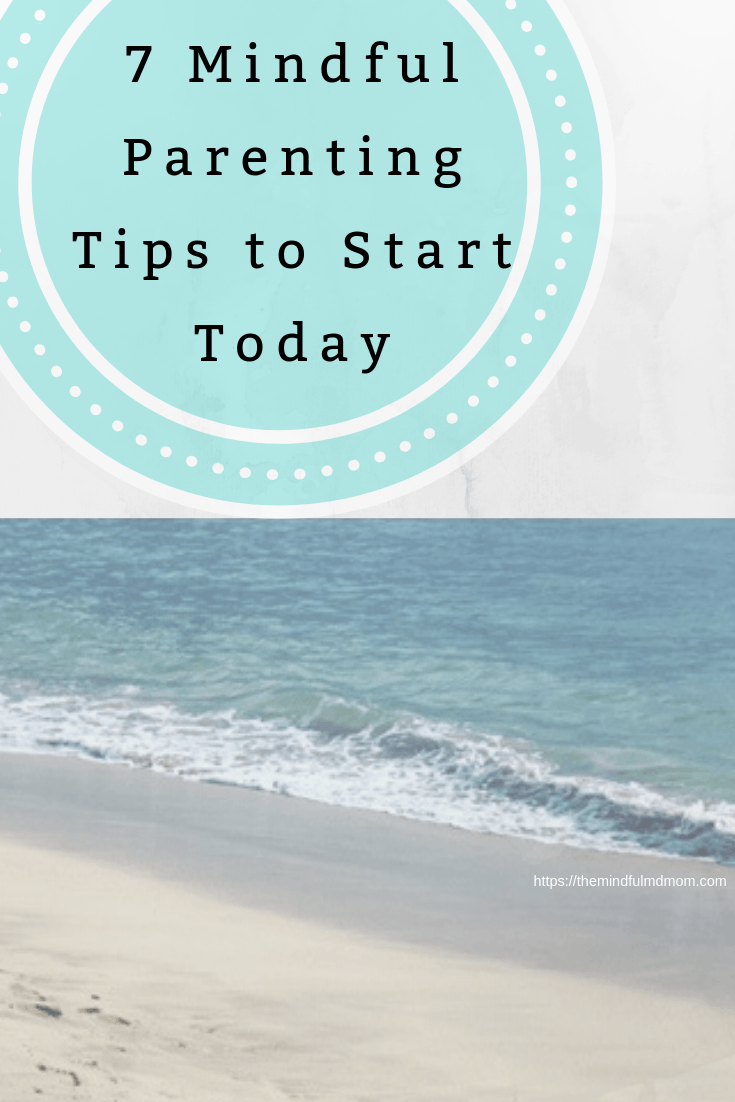

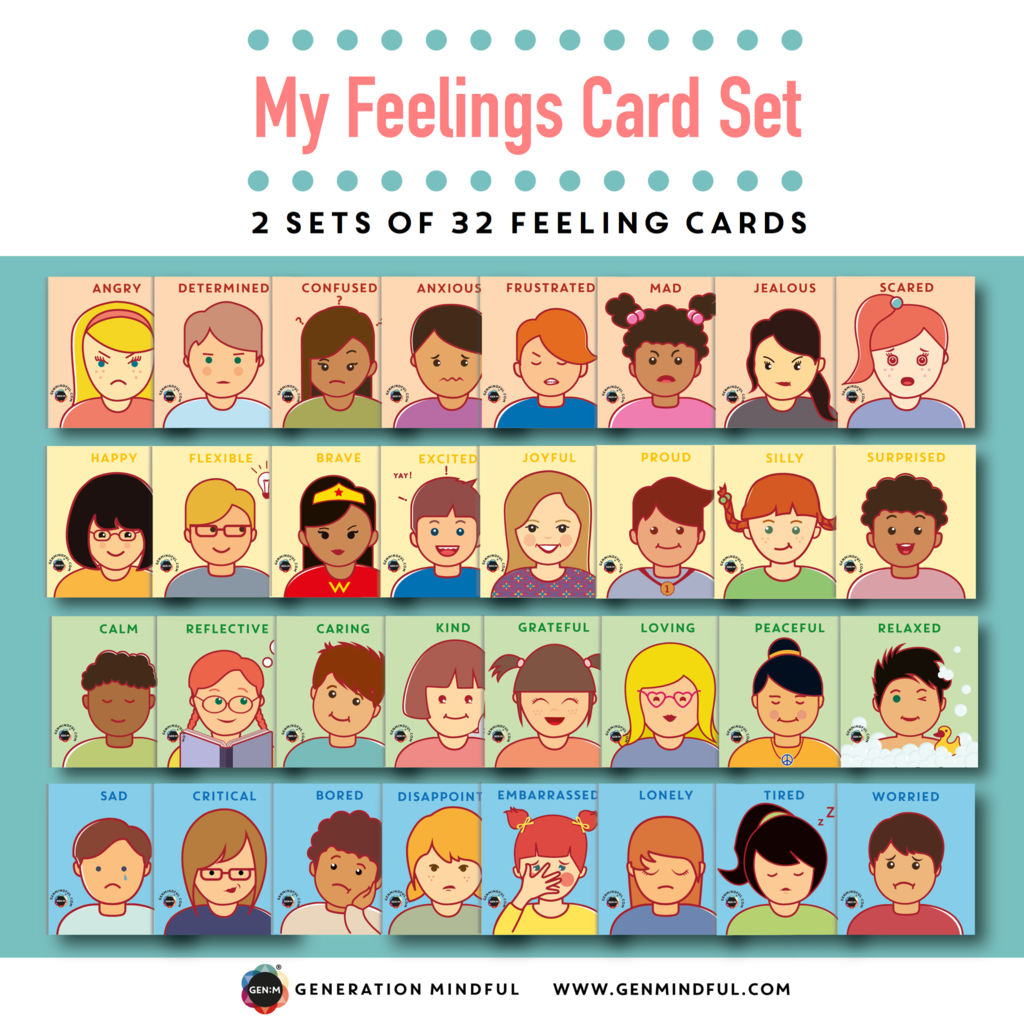
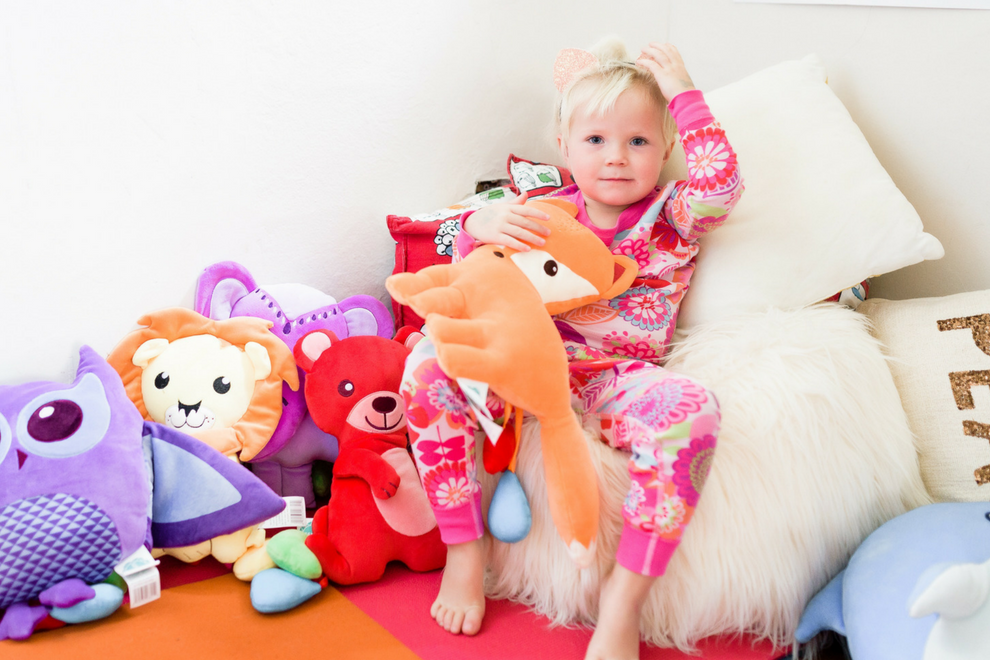

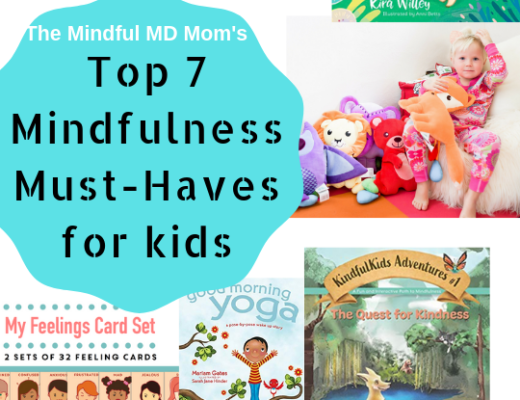
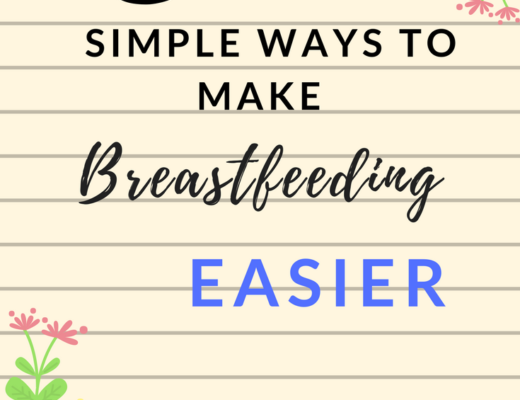
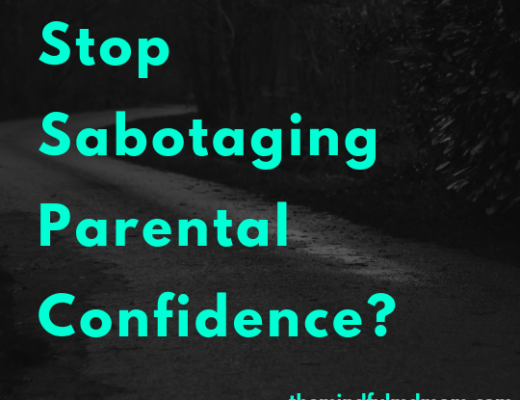
31 Comments
MomLifeOptimized
November 2, 2018 at 9:46 amYes! Your first one Dash being mindful of your own triggers has been a focus of mine. This is so great!
themindfulmdmom
November 2, 2018 at 10:58 amThanks so much!
Joy MD
November 2, 2018 at 10:10 amExcellent article with so many actionable points. Will try the mindful breathing today. I’m glad I found your blog!
themindfulmdmom
November 2, 2018 at 10:58 amThanks, Joy! Let me know how it goes.
Marysa
November 2, 2018 at 6:33 pmThese are all great thoughts. I have been so stressed and need to work on patience and not snapping when things get tough. Thanks for the tips.
themindfulmdmom
November 3, 2018 at 1:05 pmI think these are things we all need to work on. Thanks, Marysa!
Erin
November 2, 2018 at 9:56 pmI love this post! And yes! I think being aware of your triggers is so important. Being mindful of what sets me off has helped me avoid oh so many tough situations with my kiddos.
themindfulmdmom
November 3, 2018 at 1:05 pmThanks, Erin!
Tiffani
November 2, 2018 at 10:13 pmI LOVE this… I definitely need to be more mindful of my triggers. Something to definitely work on!
themindfulmdmom
November 3, 2018 at 1:04 pmThanks, Tiffani!
April J
November 2, 2018 at 10:42 pmYes, you should totally model the behavior that you want. I agree completely with that.
themindfulmdmom
November 3, 2018 at 1:04 pmThanks, April
Laura
November 3, 2018 at 2:52 amOur own triggers is a big one!!!
And apologising is vital – even if we don’t want to.
themindfulmdmom
November 3, 2018 at 1:04 pmI totally agree. Thanks Laura!
Jenni Petrey
November 4, 2018 at 1:08 amI love, love this post. We’ve been practising mindfulness now for about 18 months and it has just been wonderful. It is a great habit to get into.
themindfulmdmom
November 5, 2018 at 4:46 amSo glad to hear that, Jenni!
Dane Meech
November 4, 2018 at 7:54 amThis is really helpful, and something I’m definitely trying to work on at the moment. My three-year-old is going through an ‘interesting’ phase at the moment and while I’m aware of my triggers, learning not to respond to them is hard.
themindfulmdmom
November 5, 2018 at 4:46 amLearning to respond instead of react to situations is the hardest part. But with time and practice (esp being aware of triggers and having a way to reset nack to calm) becomes easier and second nature. Keep me posted!
Amber
November 4, 2018 at 8:06 amLove it girlfriend! Helpful tips, thank you
themindfulmdmom
November 5, 2018 at 4:45 amThanks, Amber <3
Rosie
November 4, 2018 at 1:39 pmI agree with all 7 of these. Knowing your triggers was the one that helped eliminate most of the arguing in our house. Great tips.
themindfulmdmom
November 5, 2018 at 4:44 amThat’s awesome, Rosie! Thanks for sharing!
Brittany
November 4, 2018 at 8:04 pmThese are such great reminders for parents! Thank you for sharing your heart on this!
themindfulmdmom
November 5, 2018 at 4:44 amThanks so much, Brittany!
Anna
November 5, 2018 at 5:22 amThis is a great article, I need to try this everyday. Thank you for sharing.
themindfulmdmom
November 7, 2018 at 10:32 amThis is something we are all working on! Thanks, Anna
Lisa
November 5, 2018 at 5:44 amI love all these tips. I have definitely been trying to improve my reactions at the moment, as I know I am their biggest role model. This is such a good reminder. Thank you
themindfulmdmom
November 7, 2018 at 10:31 amThanks, Lisa!
Barbara Alfeo
November 5, 2018 at 9:16 amoh i love this so much! keeping it in mind this week.
themindfulmdmom
November 7, 2018 at 10:31 amThanks, Barbara!
Find a Happy Parenting Balance with Your Partner - The Mindful MD Mom
March 29, 2019 at 4:15 pm[…] approaching parenting mindfully, we realize that parenting is about balancing two different people’s past experiences, current […]